G7 leaders impose new sanctions on Russia; pledge to phase out oil imports
The Group of Seven industrialized countries announce a new round of sanctions against Russia over its ongoing military operation in Ukraine, vowing that the "unprecedented" bans would hit Russia's economic arteries hard.
The "coordinated" sanctions were announced Sunday by the G7 -- which includes the United States, the UK, France, Germany, Canada, Italy, and Japan.
The US and its Western allies have been levying sanctions against Russia since Russian President Vladimir Putin ordered troops into Ukraine on February 24.
The new economic measures, the G7 said, were aimed at Russian elites who support Putin's military operation.
“We will continue and elevate our campaign against the financial elites and family members, who support President Putin in his war effort and squander the resources of the Russian people,” a joint statement by the group alleged.
The countries also claimed that they would try to gradually decrease their dependence on Russian energy imports.
“We will ensure that we do so in a timely and orderly fashion, and in ways that provides time for the world to secure alternative supplies,” the statement added.
The White House said the new sanctions would “hit hard at the main artery of Putin’s economy and deny him the revenue he needs to fund his war.”
The countries also leveraged some additional sanctions, including bans targeting three Russian television stations, and the executives of Russia’s Gazprombank, which is closely tied to the giant Russian gas exporter Gazprom.
Canada announces new weapons for Ukraine
Also on Sunday, Canadian Prime Minister Justin Trudeau announced new weapons and equipment for Ukraine during an unannounced visit to the Ukrainian capital of Kiev.
"Today, I'm announcing more military assistance, drone cameras, satellite imagery, small arms, ammunition, and other support, including funding for demining operations," Trudeau said.
The West's insistence on confronting Russia with the coercive economic measures and its simultaneous bid to militarize Ukraine come amid its ongoing refusal to accommodate Moscow's "security demands."
Moscow has vowed to stop the operation once its list of security demands were met.
The demands include Ukraine's refusal to join the Western military alliance of NATO and its provision of due protection for Russia's interests in the ex-Soviet republic.
Israeli settlers torch Palestinian cars, homes in West Bank town
Iranian diaspora in EU, UK deplore ban on national airline
VIDEO | Press TV's News Headlines
Israel’s military struggling with shortage of troops: Report
Iran calls for more efforts to establish peace in Gaza, Lebanon
Israel targets journalists in southern Lebanon to mask atrocities
Trump vs Harris: A choice between two deranged war hawks who cheer genocide in Gaza
Over 1,800 Palestinians killed in Israel’s month-long attacks in northern Gaza


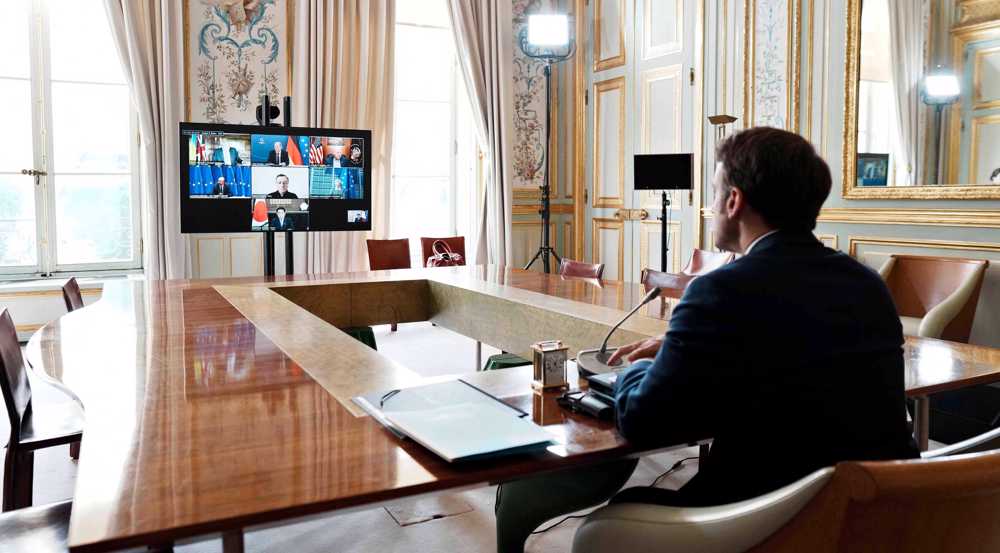
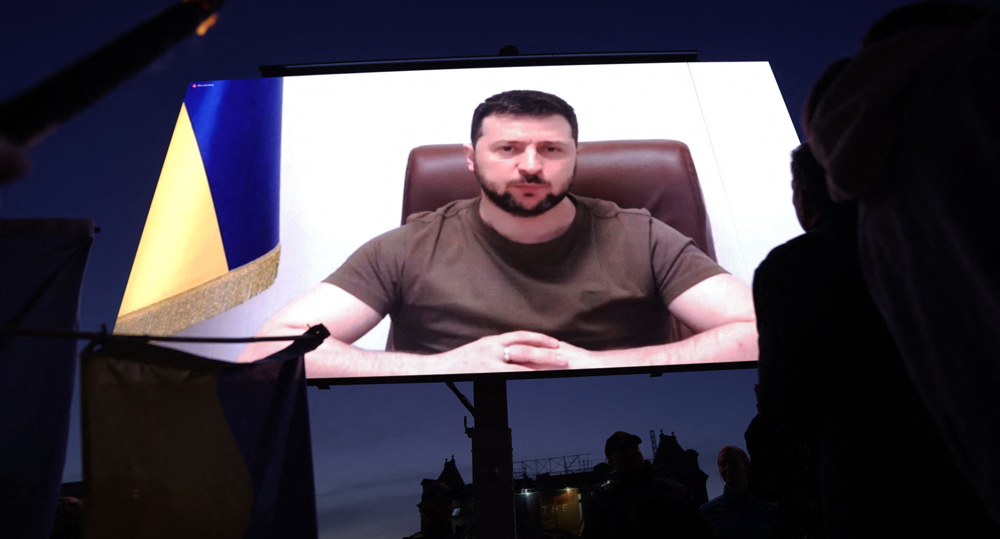
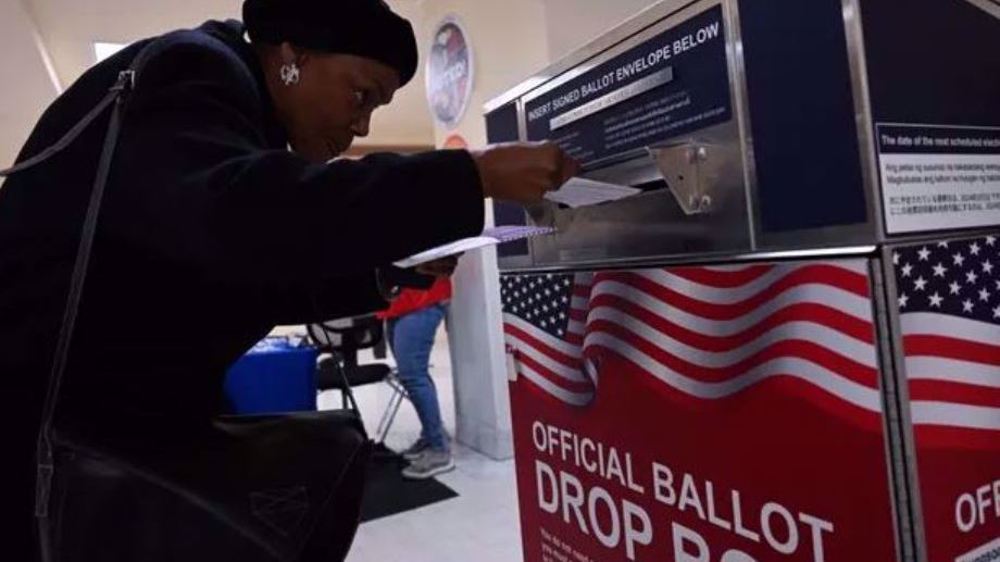
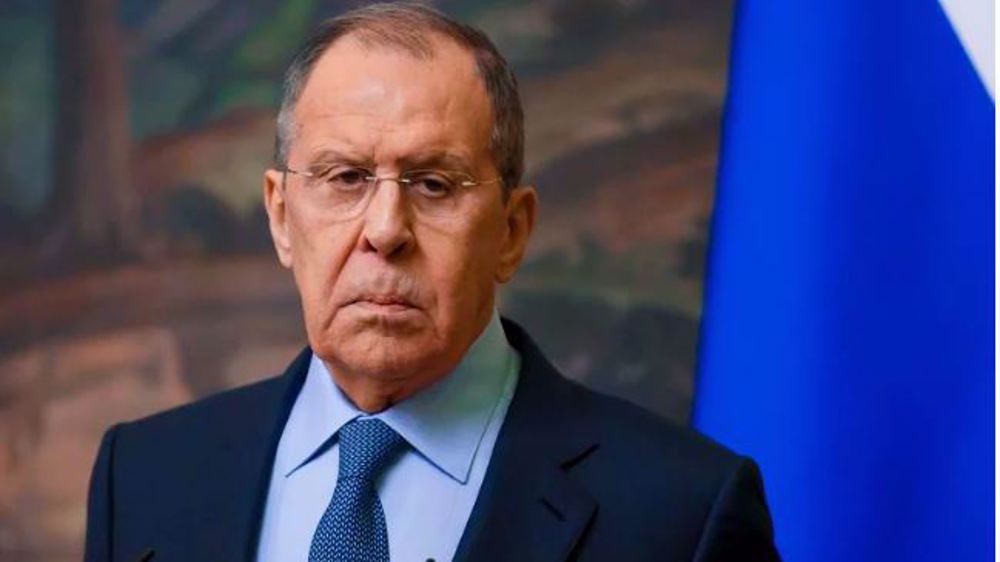
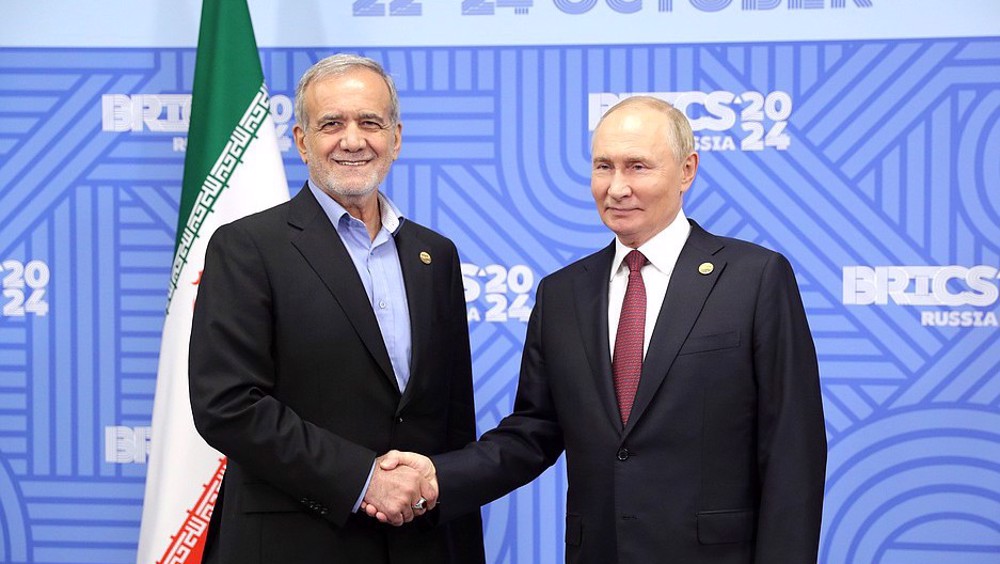



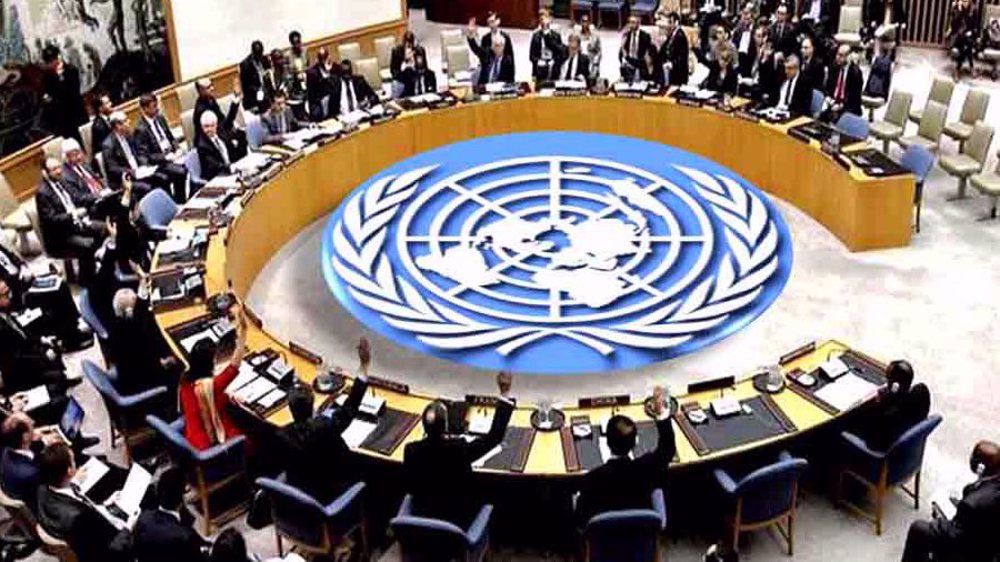
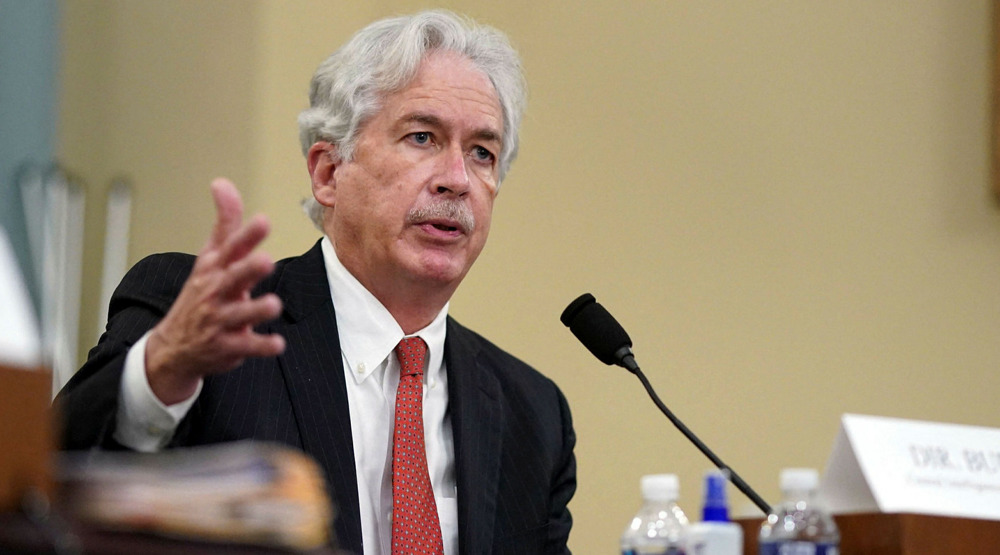
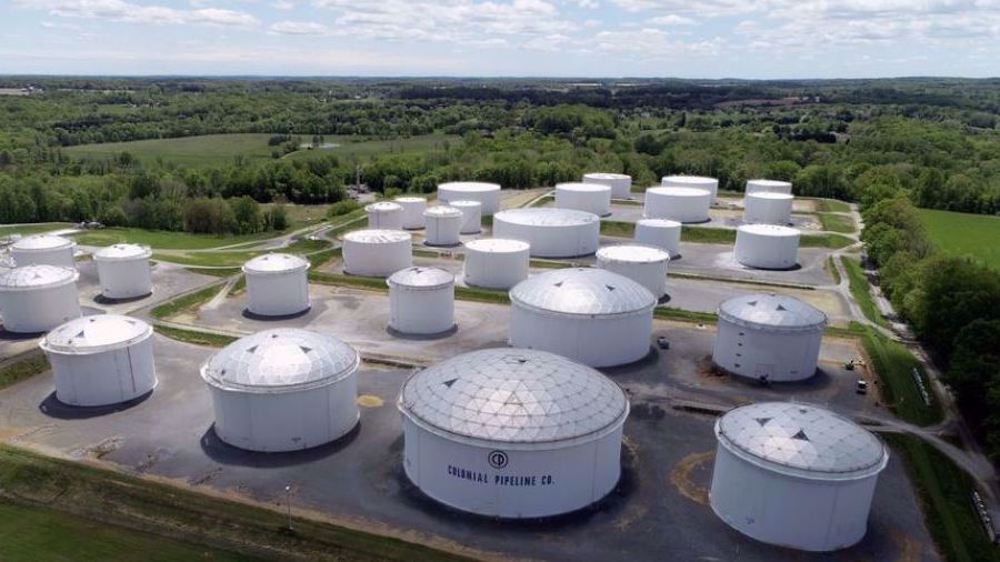

 This makes it easy to access the Press TV website
This makes it easy to access the Press TV website